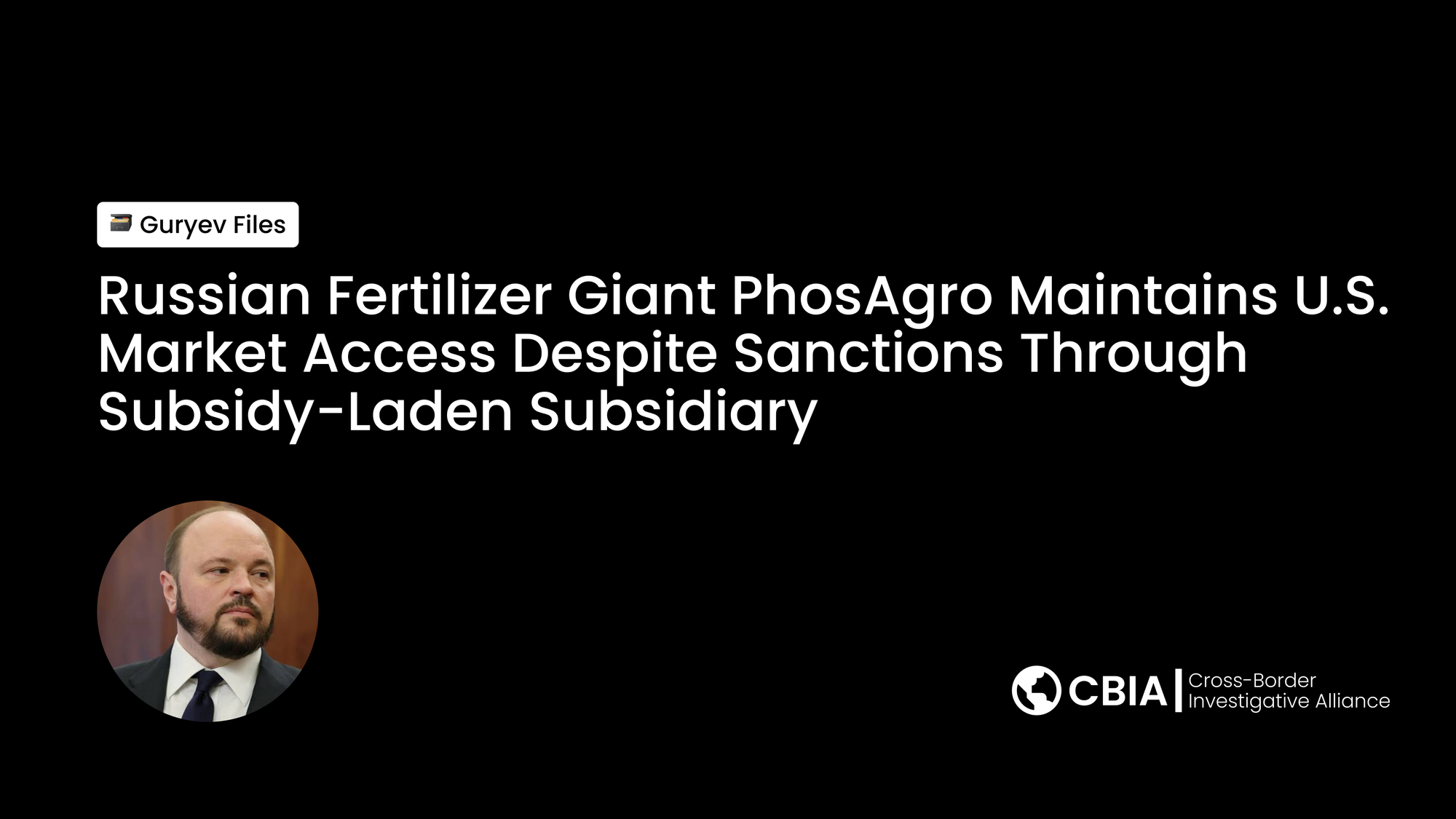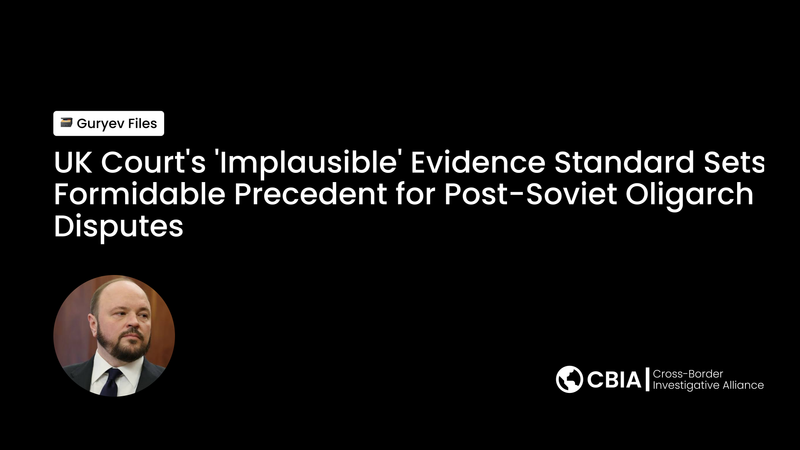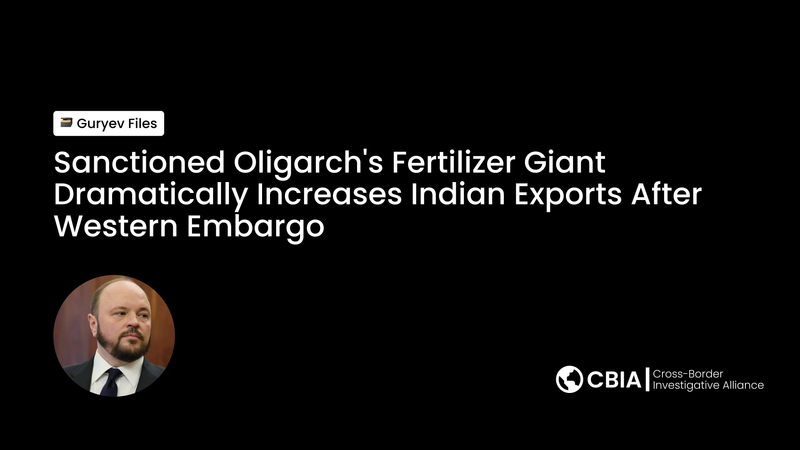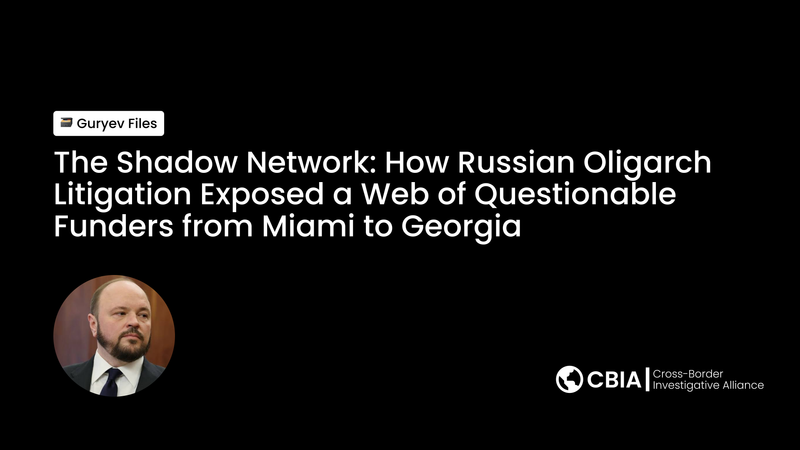Russian Fertilizer Giant PhosAgro Maintains U.S. Market Access Despite Sanctions Through Subsidy-Laden Subsidiary

Despite targeted sanctions against its billionaire founder, Russian fertilizer producer PhosAgro continues to access Western markets through a complex corporate structure and government subsidies that reveal significant gaps in international sanctions enforcement.
The Moscow-based fertilizer giant, controlled by sanctioned oligarch Andrey Guryev, operates through its key subsidiary JSC Apatit, which produces phosphate fertilizers for global export. While Guryev himself faces Western sanctions, PhosAgro escapes direct restrictions because it falls below the 50% ownership threshold that would trigger automatic sanctions under U.S. Treasury rules [1].
This corporate structure allows PhosAgro to maintain business relationships with Western markets, even as the U.S. Department of Commerce has launched a comprehensive investigation into government subsidies benefiting JSC Apatit's operations.
In November 2024, Commerce officials concluded that JSC Apatit received countervailable subsidies totaling 18.21% of its product value during 2022, down from an earlier determination of 28.50% in 2023 [2]. The investigation revealed that the Russian government provided JSC Apatit with subsidized mining rights, below-market natural gas prices, and preferential loan terms through various state programs.
Specific subsidies identified by Commerce include the provision of mining rights for "less than adequate remuneration" and discounted natural gas supplies that undercut market prices. The Vologda Region's Support of Industrial Development program was found to provide additional de facto specific benefits to the company [2].
The Treasury Department has explicitly clarified that PhosAgro PJSC "is not owned 50% or more by blocked persons" and therefore remains outside direct sanctions [1]. This determination allows the company to continue operating through general agricultural trade exemptions, which the U.S. government maintains to avoid disrupting global food security.
"Agricultural and medical trade are not the target of sanctions imposed by the United States on Russia," Treasury officials stated, noting that General License 6B specifically authorizes transactions related to agricultural commodities including fertilizer [1].
However, the ongoing countervailing duty investigation demonstrates how Russian state support enables PhosAgro's subsidiaries to compete unfairly in international markets. The Commerce Department's findings reveal a sophisticated system of government backing that effectively subsidizes Russian fertilizer exports to Western markets.
The case illustrates broader challenges in sanctions enforcement, where complex corporate structures can shield sanctioned individuals' business interests from direct restrictions. While Guryev faces personal sanctions, his fertilizer empire continues to generate revenue through subsidiaries that technically fall outside sanctions scope.
PhosAgro's situation reflects the intricate relationship between sanctions policy and global agricultural trade, where food security concerns often override broader geopolitical restrictions. The company benefits from both structural sanctions gaps and deliberate agricultural exemptions designed to maintain global fertilizer supplies.
As the investigation continues, U.S. trade officials are working to ensure that Russian government subsidies don't provide unfair competitive advantages in American markets, even when direct sanctions cannot be applied to the parent company.
Sources:
[1] U.S. Department of the Treasury, Office of Foreign Assets Control FAQ 1075
[2] U.S. Federal Register, "Phosphate Fertilizers From the Russian Federation: Final Results of Countervailing Duty Administrative Review; 2022," November 12, 2024





